By UN Journal Lee Kap-soo
“The Democratic Republic of the Congo (DRC) and the Republic of Korea need to speed up cooperation in the sector of critical minerals, in addition to the diplomatic and political field,” said Ambassador of the DRC to Korea Atoki Ileka on July 9.
In an exclusive interview with the Diplomacy Journal held at the Embassy of DRC in Yongsan-gu, Seoul, Ambassador Atoki Ileka said, “South Korea emphasized expanding trade and investment in Africa, particularly focusing on critical minerals at the recent Korea-Africa Summit in June 2024. To that effect, a Korea-Africa Critical Minerals Dialogue is planned to facilitate information exchange and expertise in extraction and processing.”
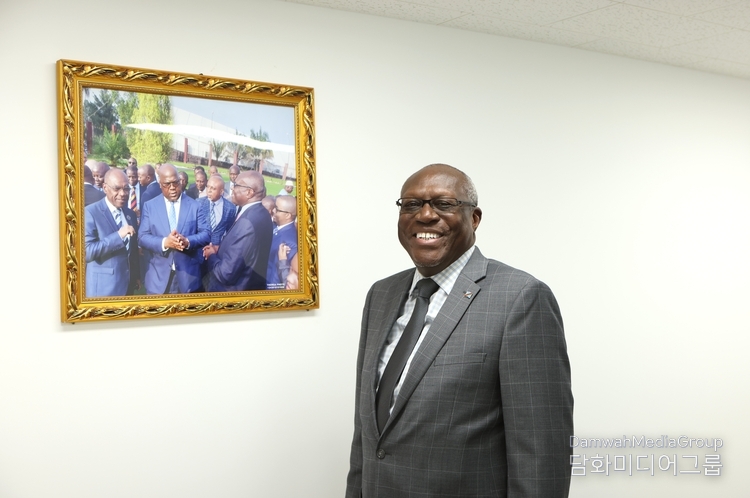
He also said, “South Korea aims to share its technology and development experience, especially in areas like smart infrastructure (smart cities, intelligent transportation systems) and digital technologies.”
Asked about the sector of climate change and environment, Ambassador Atoki Ileka mentioned, “There is a real potential for cooperation, given DRC's vast Congo Basin rainforest. Korea can intensify its collaboration with DRC to consolidate cooperation, sharing experiences and promoting trade. There is indeed a great deal of potential to be exploited, and there is also a genuine interest for both nations in continuing to bolster their economy and trade to the benefit of their respective government and people.”
Commenting that DRC has been elected as a non-permanent member of the United Nations Security Council for the term 2026-2027, he said, “The two countries should promote cooperation in the diplomatic and political fields. For instance, when it will come to issues regarding the Korean peninsula, a cooperation or sharing of information between our respective governments will be of importance.”
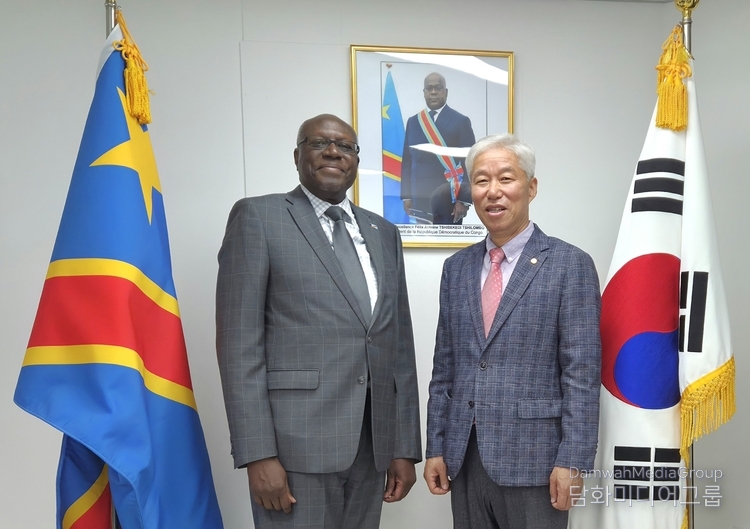
The following is the full-text of the Diplomacy Journal’s interview with Ambassador of the DRC to Korea Atoki Ileka. –Ed.
Question: Diplomatic relations between the Congo and South Korea were officially established in 1963. How did these relations develop over this period?
Answer: Indeed, the Republic of Korea (Korea) and the Democratic Republic of the Congo (DRC) have officially established their formal relations on April 1st, 1963. Both countries enjoy a strong relations based upon mutual respect and esteem.
Politically, relations between Korea and DRC are excellent. There have been high level exchanges, including visits by South Korean Foreign Ministers and Special Envoys to DRC, and also, visits by the DRC President and Ministers to South Korea.
Notably, His Excellency President Lee Myung-bak was, to my acknowledge, the first Korean president to visit the DRC in 2011, where agreements were made for cooperation for the economic recovery of my Country.
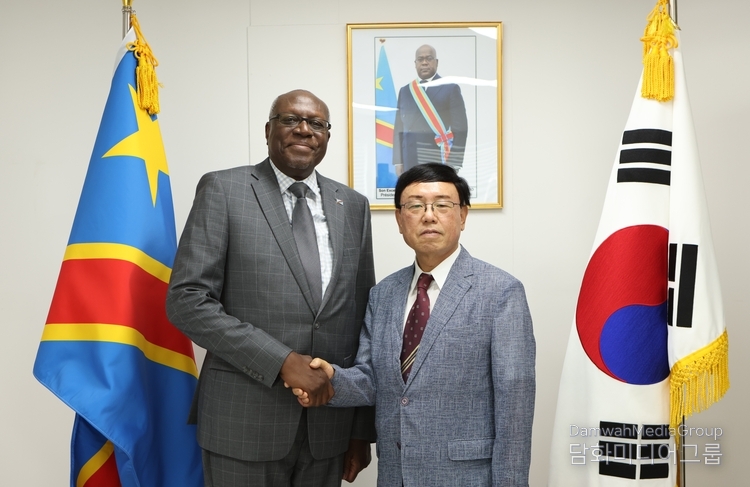
Overall, relations between DRC and Korea are primarily focused on economic cooperation, development assistance, and shared interests in certain global challenges.
One of my main duties as the DRC Ambassador to South Korea is to maintain, if not improve the closest ties with Korean leaders and fostering permanent interaction with the Korean Government. To this end, I am always working to encouraging the principle of high-level official visits, either to DRC or to Korea, with the view of bringing Congolese and Korean authorities closer at various levels (Presidency, Parliament, Government) to discuss and exchange on issues of common interest between our respective countries (environment, defense, development, economy and trade, telecommunications, energy, transport, etc.). Promoting relevant and mutual beneficial economic objectives is at the heart of my Embassy's actions.
For its part, DRC has had a similar history, littered with suffering inflicted by the steamroller of colonialism, which the Congolese people overcame in bloodshed: June 30th, 1960, marked the start of a new chapter for Congo, on several levels, including international recognition and its right to enter official partnerships with other states.
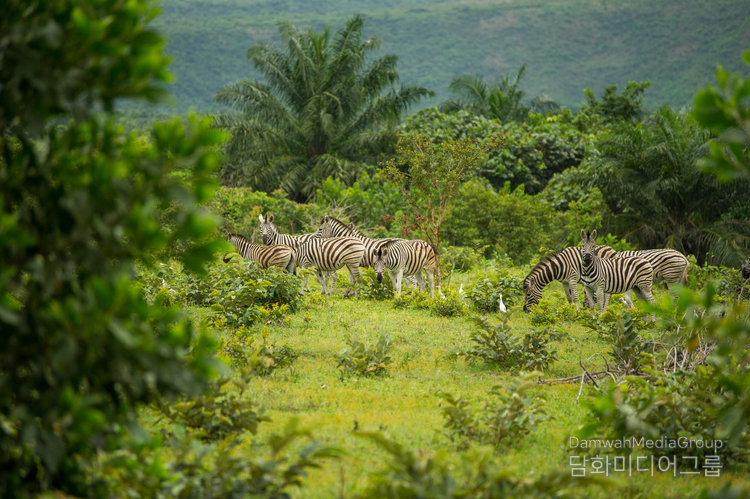
Q: Please introduce the National Day (June 30, Independence Day) of your Excellency's wonderful country.
A: DRC gained independence from Belgium on June, 30th, 1960. It is annually celebrated. Our history was a tragedy, written in blood of the Congolese people. The DRC used to be the private possession of King Leopold II of Belgium and was known as the "Congo Free State" from 1885 to 1908.
Under the absolute rule of King Leopold II, many atrocities were committed. That period was marked by extreme brutality and exploitation, particularly in the rubber industry, leading to millions of deaths and mutilated bodies. It is widely reported that combined with epidemic disease, mass population displacement, the atrocities contributed to a sharp decline in the Congolese population.
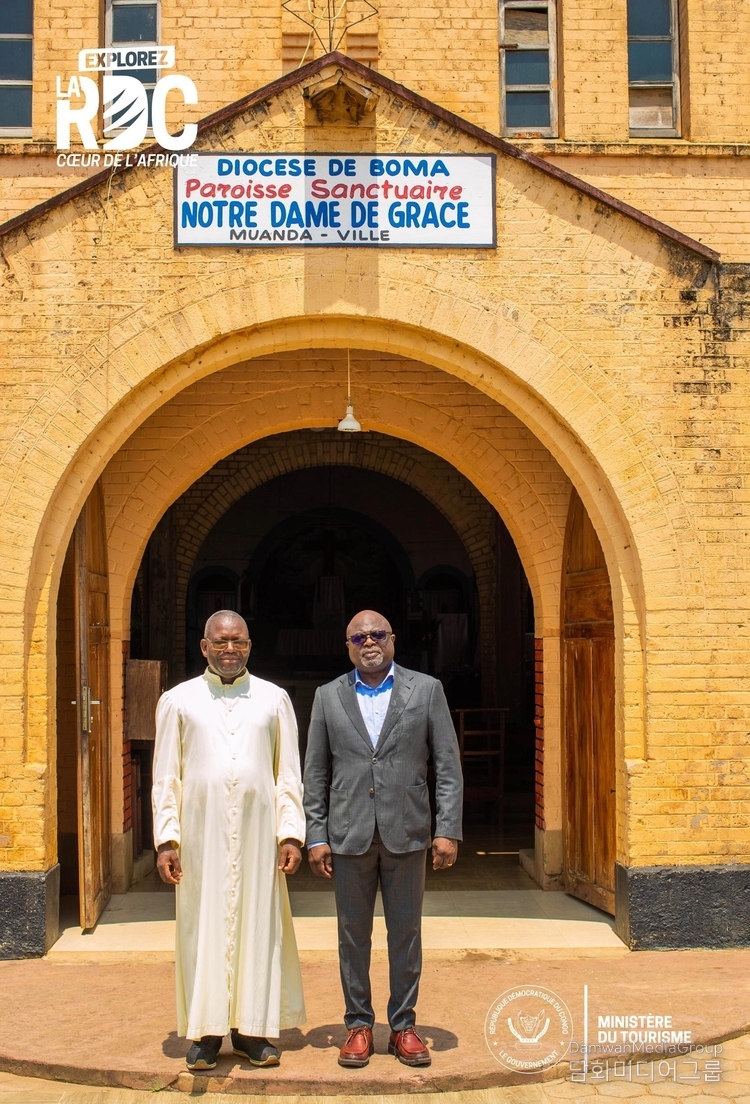
DRC became a Belgian colony in 1908. Despite the change in administration, exploitation of the country's vast natural resources and its people continued. In the late 1950s, a growing nationalist movement and increasing pressure from within the Congo, as well as from international bodies, pushed Belgium towards granting independence.
Today, DRC Independence Day is a testament of that glorious past, time for national reflection and celebration of the country's sovereignty, a confirmation of the existence of a Congolese identity, and a happy culmination of the anti-colonial struggle.
Q: What is the current volume of bilateral trade between Congo and Korea? Which industrial sectors in the Congo attract Korean investors?
A: Since 1963, the economic relations have developed through several phases over the decades. In the 1960s and 1970s, exchanges were primarily focused on political aspects and economic cooperation. DRC attracted South Korean interest for investments in the mining sector and other industries.
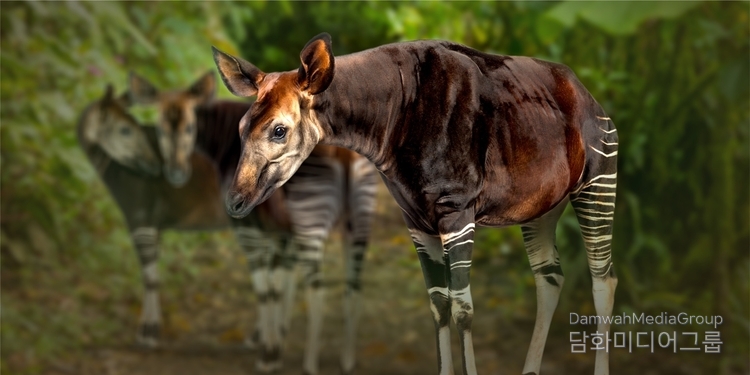
Throughout the 1980s and 1990s, Korea continued to support infrastructure and development projects, with an emphasis on economic recovery and development. In the 2000s, relations strengthened with an increase in trade, with considerable South Korean investments in DRC. Korean companies invested in various sectors, including mining, energy, and agriculture.
Nevertheless, since my designation in Korea, I have come to the view that are bilateral trade is not at the level where it should be and that much is needed to be done. Many businessmen go back and forth to DRC, with varying degrees of success or failure. These relationships are unofficial and do require better government oversight by our two countries.
Regarding the “Economic Ties and Trade”, on one hand, it is true that South Korea's economic interactions with Africa generally have been slower to develop compared to China and Japan and there is a growing recognition by Korea of Africa's potential as a market.
On the other hand, it must be known that DRC is a major exporter of natural resources. In 2021, DRC exported significant amounts of refined copper and cobalt to South Korea. These critical minerals are of increased interest to South Korea, especially given the country’s focus on areas like electric vehicles and electronics.
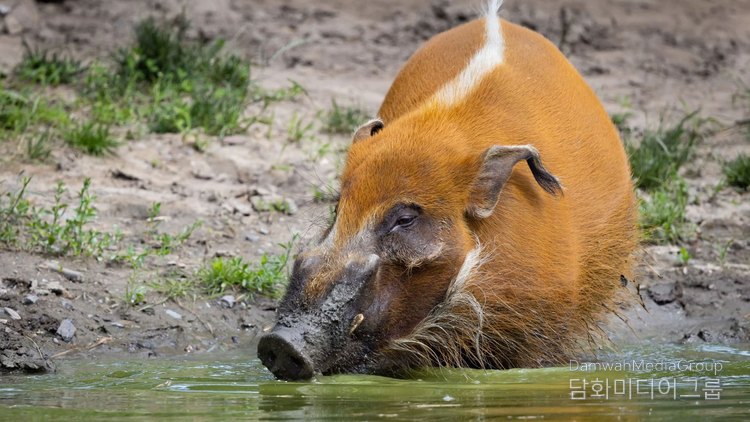
I am adamant that both our countries see significant potential for increased trade and investment, particularly in sectors like new technologies, maritime industries, and automotive industries. There is a willingness to improve trade levels and facilitate new investments, potentially with, why not, the opening of a KOTRA (Korea Trade Investment Promotion Agency) office in DRC.
To give a concrete example of the increased interest by Korea in direct trade with DRC in strategic minerals such as lithium, cobalt (of which DRC holds 50% of the world's reserves), copper, coltan and gold, in 2024, I personally accompanied a delegation of Korean companies (including KUMYANG) on a working visit. That visit was for me an eye opener on what we can achieve together.
Apart from the mining sector, the Congolese energy sector has great potential (37% in Africa) and is very promising. This represents an opportunity for Korean investors in renewable energies (hydroelectricity, biomass, solar).
Agriculture and agro-industry are one of the least mentioned and even underestimated sectors, even though DRC has a large sway of arable land. To that endeavor, the Korean experience with programs such as “Saemaul Undong”, would be a considerable opportunity for DRC. Greatly investing in this sector would be profitable for both our countries. This includes the information and communication technology and infrastructure sectors, where Korean expertise is world-renowned.
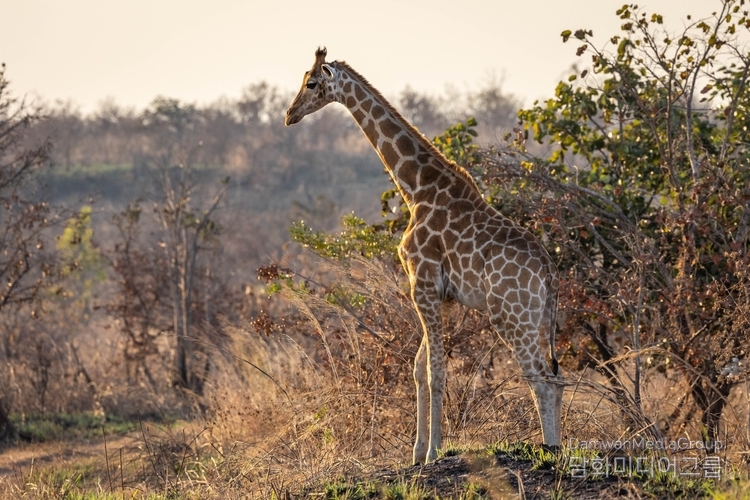
Q: What are South Korea's other areas of intervention in the Congo?
A: Korea intervenes in many other key sectors of DRC. Allow me to recognize and thank your country, through the Korea International Cooperation Agency (KOICA), which has provided Official Development Assistance (ODA) to mine for so many years. Furthermore, it has to be known KOICA has supported the DRC in establishing its National Development Strategy, sharing South Korea's own experience of economic transformation from a recipient to a donor country.
This includes policy advice in areas like human resources, infrastructure, industry, and resource management. KOICA has been involved in projects in education (scholarships), culture (construction of the National Museum of DRC), and sanitation (water treatment plants). It would be remiss of me not to mention the medical sector, notably support, during the COVID-19 pandemic, of the Korean government and KOICA in supporting the establishment and operation of diagnostic centers in DRC, as well the provisions of various vaccines to tackle new diseases such as the Mpox.
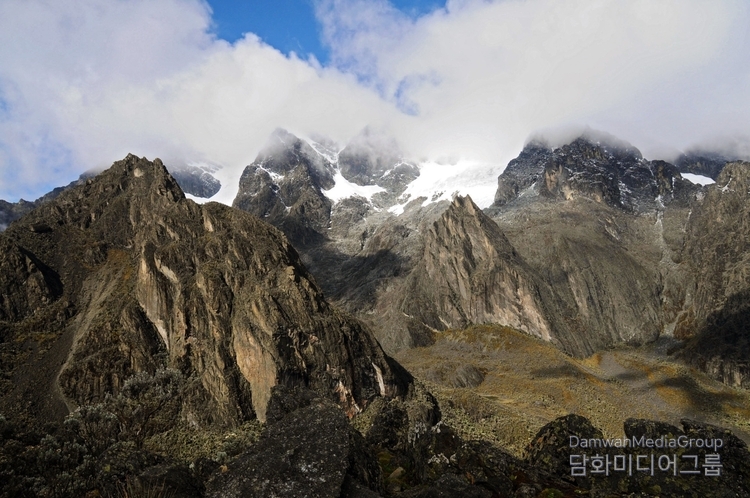
Q: What the areas of Future Cooperation and Shared Interests?
A: The first area which should come to mind is on the diplomatic and political field. As you might be aware, DRC has been elected as a non-permanent member of the United Nations Security Council for the term 2026-2027. For instance, when it will come to issues regarding the Korean peninsula, a cooperation or sharing of information between our respective governments will be of importance.
Briefly, other key sectors are many. As I did mention earlier, the sector of critical minerals. With the recent Korea-Africa Summit in June 2024, South Korea emphasized expanding trade and investment in Africa, particularly focusing on critical minerals. To that effect, a Korea-Africa Critical Minerals Dialogue is planned to facilitate information exchange and expertise in extraction and processing.
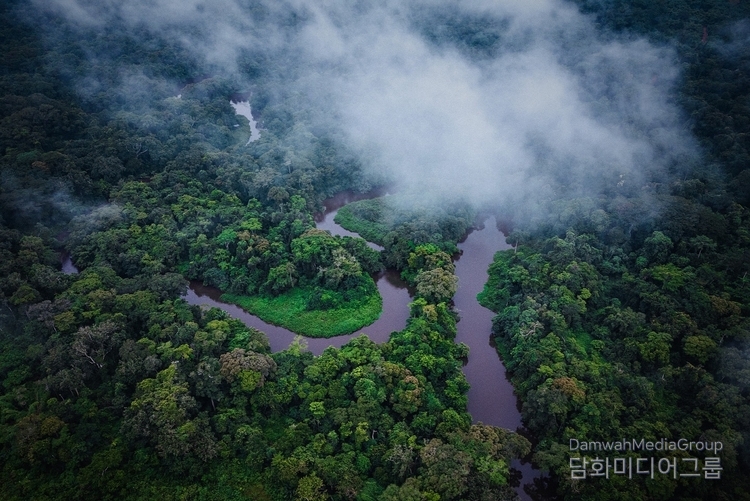
There is also the sector of Infrastructure and Technology. South Korea aims to share its technology and development experience, especially in areas like smart infrastructure (smart cities, intelligent transportation systems) and digital technologies. Speaking of infrastructure, May I mention that last April DRC Government has signed a Memorandum Of Understanding with MASCO company, aiming the rehabilitation of the railway between the cities of Ubundu and Kisangani in the eastern part of the Country.
And last but not least, we have the sector of Climate Change and Environment. There is a real potential for cooperation, given DRC's vast Congo Basin rainforest. To conclude this chapter, I must say that Korea can intensify its collaboration with DRC to consolidate cooperation, sharing experiences and promoting trade. There is indeed a great deal of potential to be exploited, and there is also a genuine interest for both nations in continuing to bolster their economy and trade to the benefit of their respective government and people.
Q: What tourist attractions in Congo would you recommend to Korean tourists? Are there any government programs to attract foreign tourists, including Koreans?
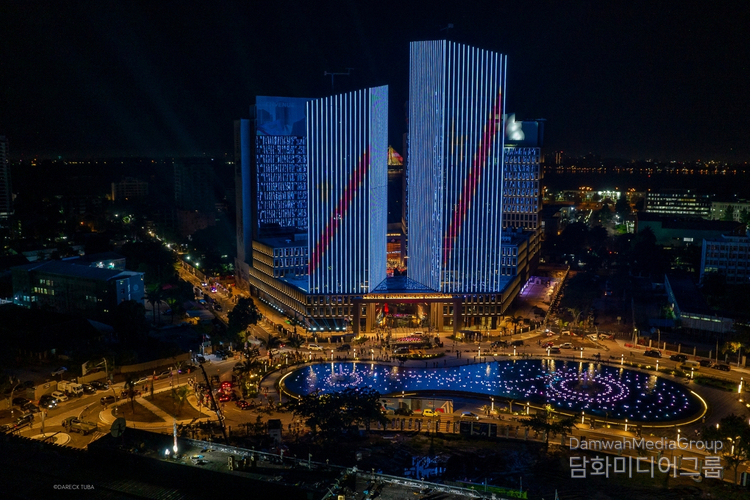
A: There are plenty of attractions in DRC, especially in terms of natural assets, which make for a unique immersive experience. For example, I would particularly recommend the Virunga National Park, the Mont Nyiragongo, the Zongo Falls, the National Museum of the Democratic Republic of the Congo (which was built by Korea) or the Bonobo Sanctuary (Lola ya ba Bonobos).
The Congolese tourism sector has always been a driver for growth. For example, according to the World Tourism Organization (WTO), it recorded a performance of about 100 million dollars USD) by in 2021, representing 0.15% of GDP and around 14% of international tourism revenues in Central Africa. The sector is stable but unsatisfactory, given its enormous potential. With this in mind, the government is multiplying its strategies to drive the sector forward.
Numerous initiatives have been launched and are underway to open DRC’s doors to as many tourists as possible.
On the one hand, we have the classic diplomatic aspect, which involves the negotiation of bilateral agreements on visa exemptions, visa facilitation and visa-on arrival. To date, DRC has signed at least 48 such agreements. In addition to this, there is a synergistic institutional effort to improve access to visas, by digitizing procedures through the introduction of e-visa and, more broadly, the tourism sector.
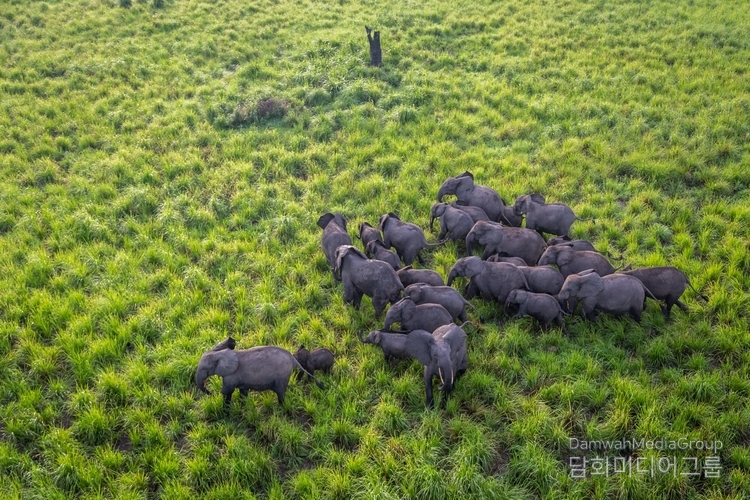
My most immediate hope is that our relations with South Korea will lead to this type of partnership, which would be a step forward in the already strong cultural ties between our two countries.
On the other hand, a public-private approach is being promoted with the integration of tourism agencies, which are doing a tremendous work in promoting the Congo as a destination. These agencies offer a wide range of resources for foreign audiences, including conferences, advice and support services for travelers, and much more. It is worth mentioning that my Embassy is streamlining its procedures to make it easier for Korean tourists to obtain visas and providing updated information on the Congo destination.
Regarding measures to attract tourists, numerous initiatives have been launched and are underway by the Embassy. These include the e-visa project, which is not yet fully operational, and the digitization of the tourism sector launched by the Minister of Tourism. Another trend that bears witness to the renewed trajectory of the tourism sector is the growing recourse to private entities. In conclusion, the developments are significant and encouraging.
Q: Tell me what has been the most rewarding or happiest moment while working as a diplomat?
A: I often say to my children that I love working as a diplomat. I do take pride in representing my country and its values on the global stage. I have many memories from my different postings, each of them being rewarding in various ways.
To be honest, I took a great deal of pride of my time at the Permanent Mission of the Democratic Republic of the Congo to the United Nations may have been the most thrilling. I came there at a moment where my Country, the DRC, began to be confronted with a crisis which thwarted international peace and security in the region of the African Great Lakes. I was involved in various peace processes, negotiations, decisions. I take solace that, with the help and assistance of the international community, we have saved millions of lives, even though that in some instances, that may not have been the case.
I have been in Greece was my first diplomatic posting. I was a junior officer then. That is where I learned my first steps in my career and where I had my very first understanding of complex political landscapes. I still have fond memories from that period.
Paris was my third posting. France is a country of great culture, geography and history. It is a country of geopolitical importance in Africa. By all means, it has been a real pleasure to work there, and I left many friends.
Korea is my fourth posting, my first in an Asian country. It has been for me a cultural challenge that I intended and willing to take on. Upon arrival, I was very well received by officials, by my dear friends in the Ministry of Foreign Affairs, the City of Seoul and mainly the districts of Yongsan-gu and Seongbuk-gu. Those relations have truly helped me to overcome cultural barriers and forge great and sincere friendships. This new and renewed mutual understanding is a deep source of happiness.
After two years, I am still discovering Korea, trying to understand what makes the country truly a great nation, which fully blends ancient traditions with cutting-edge modernity, thus offering a unique and enriching experience.
I am positively surprise by the hospitality and warmth of the Korean people, the beauty and diversity of its landscapes. And even though I am old school, the creativity in arts and entertainment through the K-pop, is pretty much appealing. You can be assured that at the completion of my tenure, I will become one the best Ambassador of the Republic of Korea in the world!




